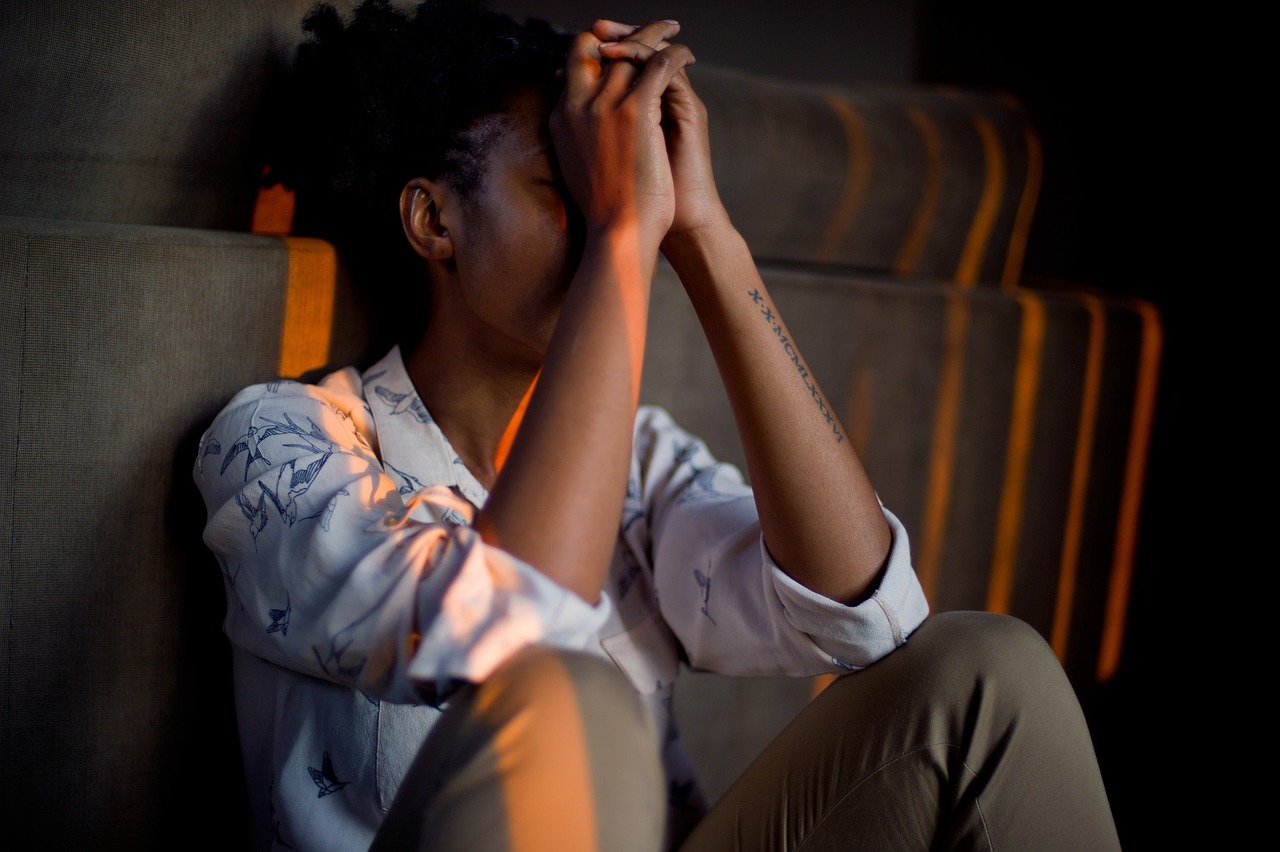Making your child feel safe after catastrophe
Children might display some sort of emotional reaction after an emergency. Parents should look out for signs and symptoms if their child is struggling and should try to intervene when their behavior might seem concerning.
Common symptoms/reactions after an emergency:
- Children ages 6-8: Increased clinginess, developmental regression, acting younger than they used to, or needing help doing things they previously accomplished.
- Children 6-8 and older: Different versions of remembering the event, such as talking about it a lot, having nightmares, increased clinginess with parents and other safety behaviors.
- They might avoid triggers that remind them of this, which include talking about it.
- Increased levels of irritability, anxiety or emotionality.
How parents can help:
- Be reassuring, patient and empathetic. Understand that this might be the initial response.
- When you see that response continue overtime, parents should talk to their child’s pediatrician or a therapist about their options.
When it is time to talk to a mental health professional:
- When a child is waking up frequently at night, struggling to separate from you and displays heightened levels of emotionality and anxiety.
- When those symptoms become problematic or concerning and continue to persist, it can be helpful to consult with someone to see what is helpful for the child.
What kids should avoid after a disaster:
- Monitor exposure to news.
- Do not go back to the campus or scene of devastation in the immediate period.
- Try to get a sense of normalcy back into play: sufficient sleep, eating well, spending time with friends and returning to school.
- Encourage them to remain active and engaged.
How parents can ensure their child’s safety when outside of their care:
- With transitioning back into events like school, move slowly and with compassion.
- Parents and educators: Those that had exposure and experienced loss due to this emergency might need more grace getting back into the swing of things.
- Be gentle: Offer more leniency, connect with school personnel and have compassion for the child that endured something profound.
Preparing kids for future emergencies and making them feel at ease:
- Be reassuring of safety that this is an anomaly that is unlikely to happen again.
- Parents and educators should be able to emphasize to children that this won’t happen again to ensure the child’s well-being is secure.
How parents can stay calm in an emergency while helping their child feel safe:
- Parents should show that they have things under control and should not display stress as the child will see it and pick up on it, challenging their sense of safety.
- Parents should try to keep the stress inside and have a calm and cool mentality for children to observe, which can be difficult.
Source: Dr. Eric Storch, professor and vice chair, head of psychology, Menninger Department of Psychiatry and Behavioral Sciences, Baylor College of Medicine














